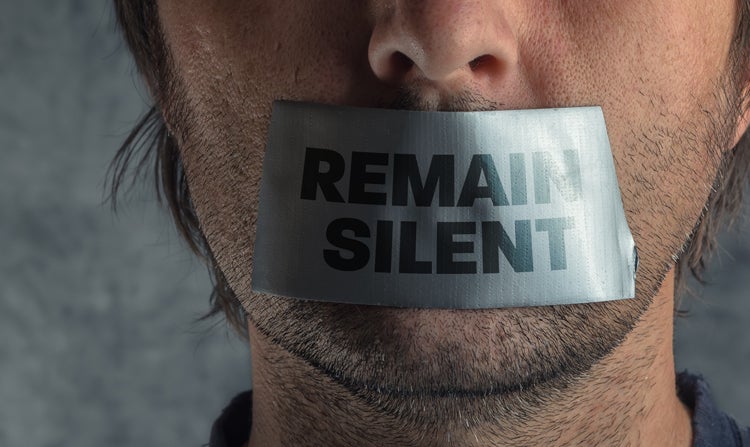Anyone who has ever watched a law enforcement TV show or movie is familiar with some version of Miranda rights being said as an arrest is taking place.
The term Miranda rights (aka Miranda rule or Miranda warning) goes back to a 1963 case involving Ernesto Miranda and whether or not his confession was legally obtained. The controversial case, along with three others, was collectively decided in 1966 in the U.S. Supreme Court. As a result, Miranda rights became a required standard for law enforcement when making any arrest.
The actual Miranda rights states:
- You have the right to remain silent.
- Anything you say can and will be used against you in a court of law.
- You have the right to an attorney.
- If you cannot afford an attorney, one will be appointed for you.
- Do you understand the rights I have just read to you?
- With these rights in mind, do you wish to speak to me?
IMPORTANT NOTE: The officer is not required to read you these rights until after you have been formally detained and are no longer free to go. The officers may ask you incriminating questions before reading you your rights. Some officers may not read the rights until you are actually being arrested. By then, the damage may already have been done.
The officer is free to ask you questions before an arrest, but must inform you that the questioning is voluntary and that you are free to leave at any time. Your answers to any questions prior to arrest are admissible in court and will be used against you.
If you are arrested and not read your Miranda rights, spontaneous or voluntary statements may still be used in evidence in court. For example, if you begin offering excuses justifying why you committed a crime, these statements can be used against you at trial even without Miranda rights.
Even though it is your right, your silence may also be used against you. If you choose to remain silent before you are read your Miranda rights, law enforcement may try to use that against you and coerce you to talk. For example, they may tell you that an innocent person would proclaim his or her innocence or try to offer an alibi rather than remaining quiet. They may tell you that if you’re innocent, you have nothing to hide and nothing to worry about by speaking to them. By refusing to speak, the prosecution may label you uncooperative which may reflect negatively in court.
Don’t be bullied, don’t give in, ask for a lawyer and just be quiet.
Any time you are being questioned or investigated by any law enforcement personnel you should simply state that your attorney told you to never speak to law enforcement without talking to him or her first. This will sound less suspicious than simply refusing to speak or answer any questions.
Always be cordial and cooperative, but be silent. When it comes to the law, silence is golden.
We hope you never have a need to know your Miranda rights. For your protection, you should have a copy of “My Miranda Rights” with you at all times. If you find yourself in unfortunate circumstances, you can simply hand the document to law enforcement and say nothing further. Then call a criminal attorney who will tell you what to say/do.
Print this out and keep a copy in your car. Keep a folded up copy in your wallet.
Disclaimer: Litigation Success does not offer legal advice. Nothing herein constitutes, is a substitution for, or is intended to constitute legal advice. The content on this site is provided for educational, entertainment and informational purposes, only. Always consult a licensed attorney for advice, representation or for any legal needs. Litigation Success does not provide referrals to any attorney. Consult your local bar association for assistance.


